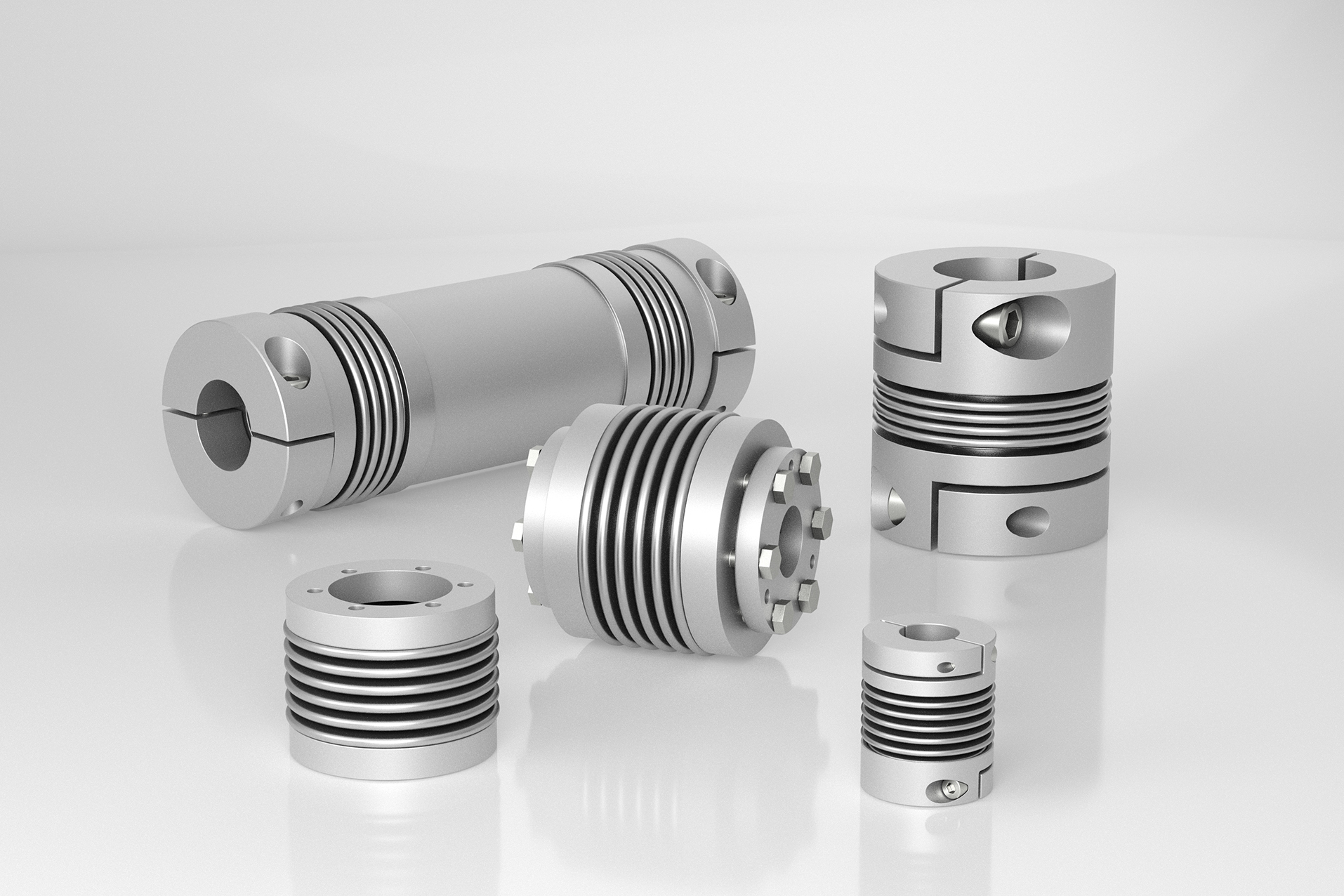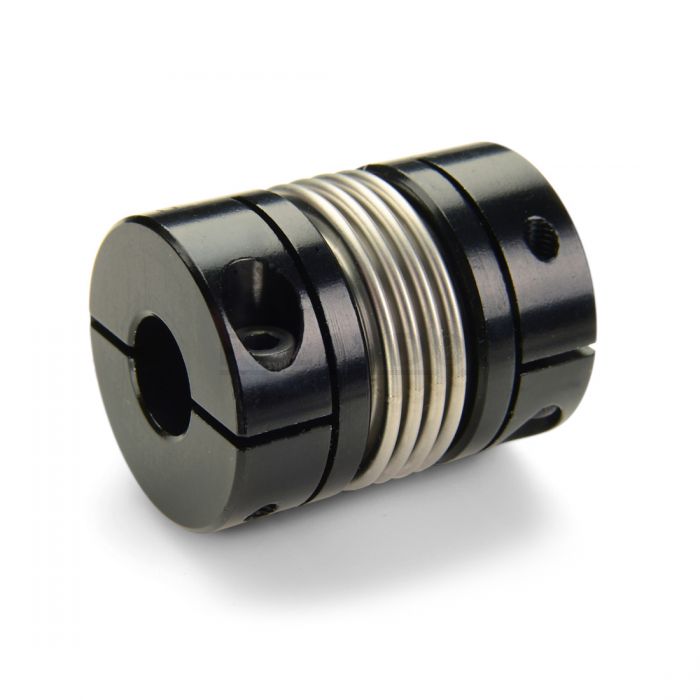Product Description
Products Description:
|
Delivery time |
20 Days |
|
Applicable Industries |
Coupling |
|
Bellows wall thickness |
0.15-2mm |
|
Material |
Stainless Steel 304 |
|
Size |
Customization |
Detailed Images:
About us
Our companyZheJiang YueDing company produce quality products and work to provide constant communication with our clients. Our dedication to CHINAMFG allows us to be a stable solution in the marketplace with a quick lead time. We primarily focus on exhaust pipes, including metal hoses and other pipes that are used within the automotive industry . We have designers, engineers, and others who are involved in the process of manufacturing parts. We explore the top materials to use as well as continuously add more technology and innovation to produce higher quality parts.
Exhibitions
Every year we john 4-5 oversea fairs to meet our customers.What we show is our ability, and what you feel will be our profession . We take the time to answer questions and ensure that our clients understand all there is to know about our products.Further, we work with all of our clients to help find the right products that will meet both needs and budget. We work hard to provide good customer service and ensure that it is never just about sales, but about building a relationship.
Certificate
FAQ
1. Q: How about the payment terms?
Normally 30% deposit in advance. It can be discussed when we have friendly relationship.
2. How about Delivery time?
We can produce 350,000 pcs per month, large capacity. Normally, 15 days.
3. Q:Can I get a sample?
For sure, we are willing to supply samples free for quality checking.
4. Q : What’s the price?
Reasonable price, competitive price, and acceptable prices, which are all based on good quality.
Any requirements or question,welcome to “Send” us an e-mail Now!!!

What Materials Are Commonly Used in Manufacturing Bellows Couplings?
Bellows couplings are manufactured using a variety of materials to suit different application requirements. The choice of material depends on factors such as the operating environment, torque and speed requirements, and the presence of any corrosive or aggressive substances. Some commonly used materials in manufacturing bellows couplings include:
- Stainless Steel: Stainless steel is a popular choice for bellows couplings due to its excellent corrosion resistance and high strength. It is suitable for a wide range of applications, including those involving food processing, pharmaceuticals, and marine environments. Stainless steel bellows couplings are durable and can withstand harsh conditions.
- Aluminum: Aluminum is known for its lightweight properties, making aluminum bellows couplings ideal for applications where reducing the overall weight is crucial. While not as corrosion-resistant as stainless steel, aluminum couplings are still suitable for many industrial settings and are often used in robotics, automation, and aerospace industries.
- Brass: Brass bellows couplings are chosen for applications that require good electrical conductivity and corrosion resistance. They are commonly used in electrical and electronic equipment, as well as in environments where brass is a preferred material for specific compatibility reasons.
- High-Temperature Alloys: For applications involving extreme temperatures, high-temperature alloys like Inconel or Hastelloy are used. These materials can withstand elevated temperatures while maintaining their mechanical properties, making them suitable for applications in the aerospace and automotive industries.
- Titanium: Titanium bellows couplings are used in applications requiring a combination of high strength, low weight, and excellent corrosion resistance. They are commonly found in aerospace, marine, and medical equipment where the coupling needs to endure aggressive environments.
The specific material chosen for a bellows coupling depends on the operating conditions, budget constraints, and performance requirements of the application. It’s essential to select a material that can withstand the demands of the environment while ensuring reliable and efficient power transmission in the system.

How do Bellows Couplings Compare to Other Coupling Types, such as Flexible or Rigid Couplings?
Bellows couplings offer distinct advantages and characteristics that set them apart from other coupling types, such as flexible and rigid couplings. Here is a comparison of bellows couplings with other coupling types:
- Flexibility: Bellows couplings are a type of flexible coupling. They provide excellent angular and axial misalignment compensation while maintaining a high level of torsional rigidity. This flexibility helps to reduce stress on connected equipment and allows for smooth operation even in misaligned conditions.
- Compensation for Misalignment: Flexible couplings, including bellows couplings, can accommodate both angular and parallel misalignments. They are designed to allow a certain degree of relative movement between shafts, which helps prevent damage to shafts and connected equipment due to misalignment or vibration.
- Compactness: Bellows couplings are compact and lightweight, making them suitable for applications where space is limited. The absence of additional components, such as elastomeric elements found in other flexible couplings, contributes to their compact design.
- Torsional Stiffness: Compared to some other flexible couplings, bellows couplings offer higher torsional stiffness. This characteristic ensures efficient torque transmission and precise motion control, making them suitable for applications demanding high torsional rigidity.
- Backlash: Bellows couplings typically have minimal backlash due to the absence of mechanical play or components that can introduce free movement. This characteristic allows for precise positioning and control in motion systems.
- Electrical Isolation: Unlike rigid couplings, bellows couplings provide electrical isolation between shafts, making them ideal for applications where electrical continuity must be maintained or avoided between the connected components.
- Resonance Damping: Bellows couplings can help dampen vibrations and reduce resonance in rotating equipment. This characteristic contributes to smoother operation and prolongs the life of connected components.
On the other hand, rigid couplings are suitable for applications requiring precise shaft alignment and no flexibility. They provide a solid and direct connection between shafts, ensuring efficient torque transmission without any loss due to misalignment. However, rigid couplings cannot compensate for misalignment and are more prone to stress concentration in case of shaft misalignment or vibrations.
While flexible couplings, including bellows couplings, offer misalignment compensation and flexibility, they may have slightly lower torsional stiffness compared to rigid couplings. However, their ability to handle misalignments and provide damping characteristics often outweigh this consideration in many motion control applications.
In summary, bellows couplings combine flexibility, torsional stiffness, electrical isolation, and vibration damping features, making them a versatile choice for various precision motion control applications.

What are the Key Design Considerations when using Bellows Couplings for Precision Applications?
When using bellows couplings in precision applications, several key design considerations must be taken into account to ensure optimal performance and accuracy. These considerations include:
- Torsional Stiffness: In precision applications, maintaining torsional stiffness is crucial to minimize angular deflection and maintain accurate positioning. Choose bellows couplings with high torsional stiffness to ensure precise torque transmission.
- Backlash-Free Design: Backlash can introduce positioning errors in precision systems. Select bellows couplings with minimal or zero backlash to maintain accurate motion control.
- Radial Runout: Ensure that the bellows coupling has low radial runout to prevent eccentricity and vibration during rotation, contributing to smoother operation.
- Material Selection: Choose materials with excellent fatigue resistance and high strength to withstand continuous operation and provide long-lasting performance.
- Misalignment Compensation: Evaluate the required misalignment compensation for the specific application. Bellows couplings should be capable of accommodating both angular and axial misalignments without sacrificing precision.
- Compact Size: For applications with limited space, consider compact bellows couplings that provide high torque capacity in a small form factor.
- Temperature and Corrosion Resistance: If the application involves extreme temperatures or harsh environments, opt for bellows couplings made from materials that offer temperature and corrosion resistance.
- Vibration Damping: Bellows couplings with good vibration damping properties help reduce resonance and maintain system stability during high-speed operations.
- Electrical Isolation: In precision applications with sensitive electronics, consider bellows couplings that provide electrical isolation to prevent electrical currents from passing between shafts.
- Customization: Some precision applications may require tailored solutions. Collaborate with coupling manufacturers to explore custom designs that meet specific requirements.
By carefully considering these design aspects, engineers can select the appropriate bellows coupling that aligns with the precision application’s needs, ensuring accurate motion control, reliability, and enhanced performance.


editor by CX 2023-11-16
